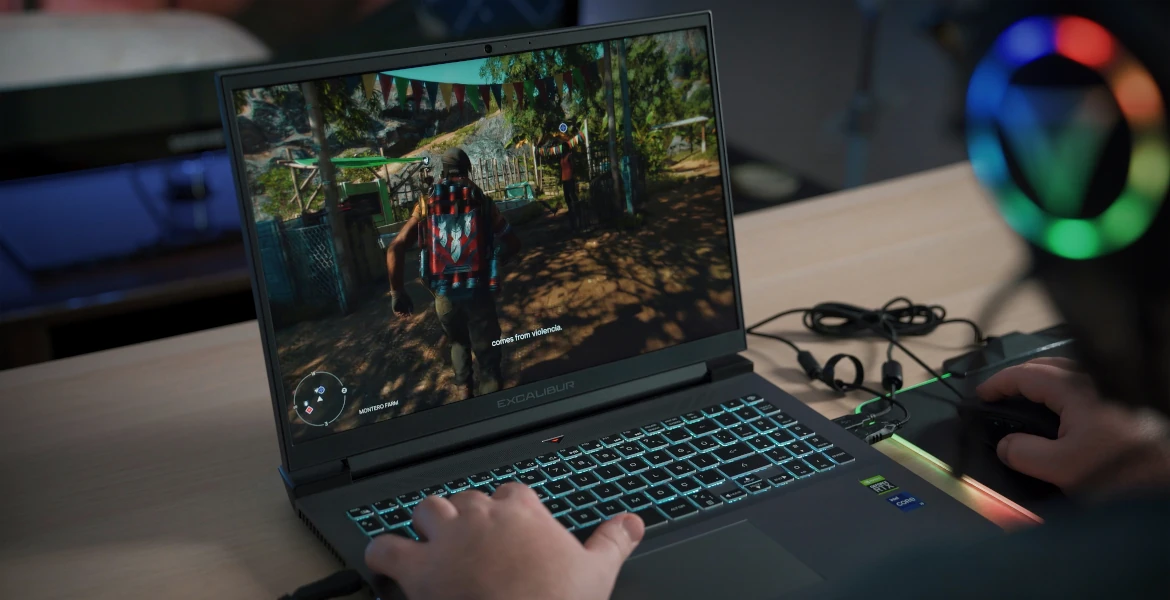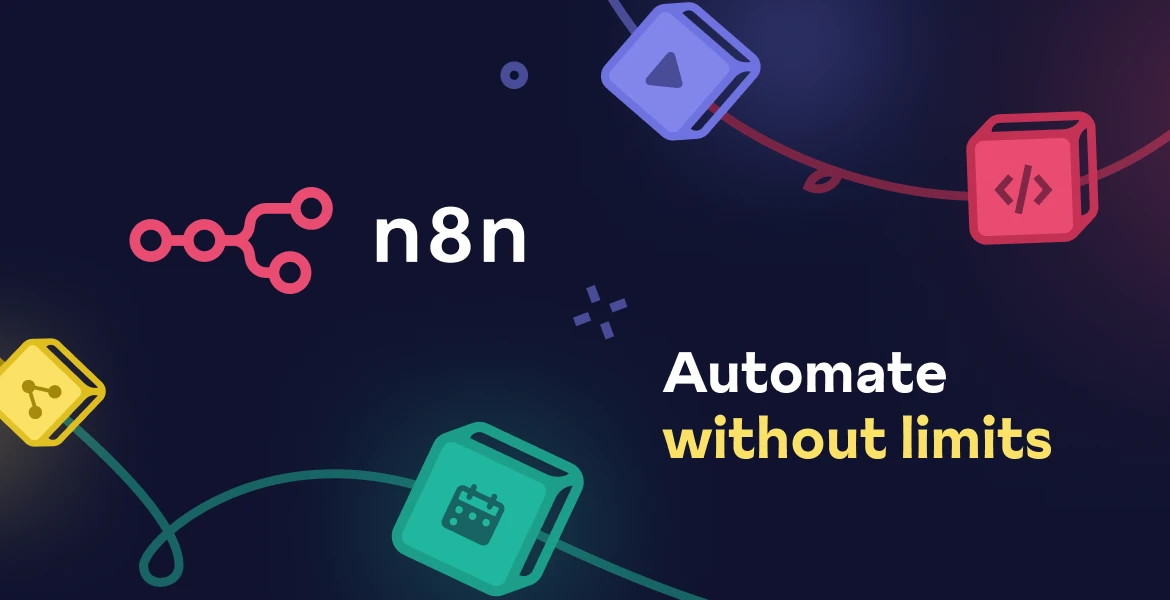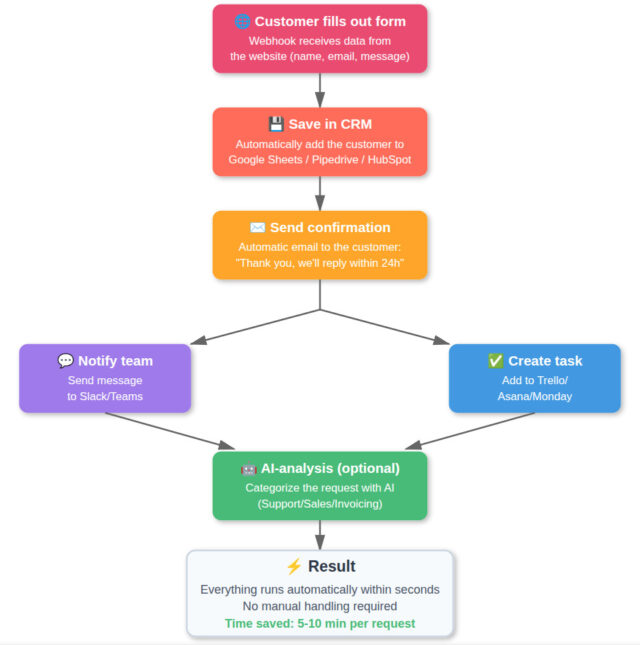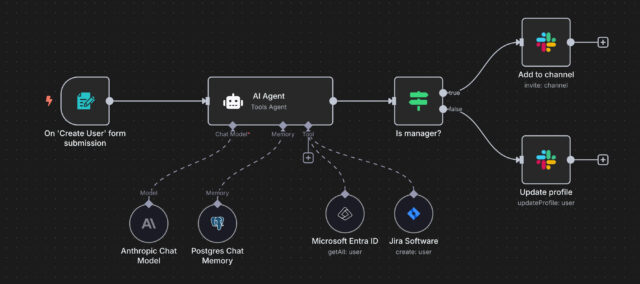It feels like every device in our lives is spying on us. Vacuum cleaners send photos and audio from our bedrooms to China. Televisions take screenshots of what we’re watching every few seconds and share that data with third parties. Social media algorithms analyze our every click and scroll. And governments leverage these tools to watch us more closely than ever before.
It’s easy to feel pessimistic—even hopeless—about the future of privacy in a world so intertwined with technology. If you only watch the first half of our videos, you might think we hate tech.
"Tech is spying on us". "Tech is tracking our location". "Tech is allowing governments and corporations to overreach into our lives".
But actually, I’m a techno-optimist.
If you watch the second half of our videos, you’ll hear us say things like, "This is the tech that will protect us". "Here’s the tech that empowers us". "Here’s how to use technology to reclaim our digital freedoms".
I recently put out a video exploring techno-optimism, and I was shocked by the responses. So many people were quick to throw in the towel. Comments like: "I don’t share your optimism—privacy is dead". "Don’t even try, it’s pointless". Another privacy advocate who makes video content, The Hated One, noticed this trend on his videos too. There’s been an uptick in people telling others to give up on privacy altogether.
Honestly, it feels like a psyop. Who benefits from us giving up? The answer is obvious: only the people surveilling us. Maybe the psyop has been so effective it’s taken on a life of its own. Many people are now willingly complicit, fueling the narrative and spreading defeatism. This attitude is toxic, and it has to stop. If you’ve already given up, we don’t stand a chance. The privacy battle is ultimately about human rights and freedom. Giving up isn’t an option.
But more importantly, the idea that privacy is hopeless couldn’t be further from the truth. We have every reason to feel energized and excited. For the first time, we have both the technology and the cultural momentum to reclaim our privacy. The solution to surveillance isn’t throwing out our devices—it’s embracing the incredible privacy tech already available. The tools we need are here. We need to use them, build more, and spread the word. We need to lean into this fight.
I’m a techno-optimist because I believe we have the power to create a better future. In this newsletter, I’ll show you privacy tools you can already start using today, and highlight groundbreaking advancements in our near future.
Tech is neutral—it’s how we use it that matters
Many people have been tricked into thinking that tech itself is the problem. I see it in the comments on our videos. Whenever we share privacy solutions, someone always says, "If you want privacy, you have to throw out your digital devices".
But that’s not true. You don’t have to throw out your devices to reclaim your privacy. The idea that technology and privacy can’t coexist benefits the very corporations and governments surveilling us. It keeps us from even trying to protect ourselves.
The truth is, technology is neutral. It can be used for surveillance, but it can also be used for privacy. For decades, it’s been hijacked primarily for surveillance. But now we have cutting-edge tools to fight back. We have encryption technology that empowers us to reclaim our digital freedoms.
How privacy tech is empowering people worldwide
Privacy tech is already changing lives all over the world. Here are a few powerful examples:
- Iran: During widespread protests against oppressive laws, the government implemented internet shutdowns and banned platforms like Signal and VPNs. Signal stepped up, providing instructions for setting up proxy servers. This allowed protestors to coordinate activities and share uncensored information despite the repression. These tools helped individuals reclaim freedom themselves without needing permission first. Knowing that the ability to stay connected with the outside world remains in our hands is incredibly empowering.
- Mexico: Journalists face extreme danger from both the government and cartels. There’s an entire Wiki page dedicated to journalists who have been killed in Mexico for exposing corruption and violence. Privacy tools like encrypted messaging and private data storage help protect those doing important work—like investigative journalism—and their sources from harm.
- China: The "Great Firewall" blocks platforms like Google, Instagram, and Twitter. Citizens rely on tools like VPNs, Tor, and encrypted apps to bypass censorship and stay informed. Privacy tech has become a vital form of resistance and hope for millions.
All over the world, people are using privacy tech to reclaim freedom and resist oppression.
Privacy tools you can start using today
Here are some tools you can incorporate into your life:
- Messaging: Use end-to-end encrypted apps to ensure only you and the recipient can read your messages.
- Browsers: Privacy-focused browsers block tracking pixels, scripts, and bounce tracking to protect you online.
- Search Engines: Switch to alternatives that don’t log or track your searches.
- Email: Try encrypted email services to keep your communications private.
- Calendars: Use privacy-respecting calendars that offer end-to-end encryption.
- Media: Explore apps that let you consume content without being tracked, or decentralized platforms that avoid gatekeeping.
- VPNs and Tor: Hide your IP address and anonymize your activities with these essential tools.
We give examples of each in our latest video and have dedicated guides exploring each topic so you can decide which option is best for you.
The future of privacy tech
The future of privacy tech is even more exciting. Here’s what’s on the horizon:
- Homomorphic Encryption: This allows data to be processed without ever being exposed. It could transform fields like healthcare and finance by enabling services to generate insights without accessing private data.
- Decentralized Identity: These systems let individuals store and manage their credentials without relying on centralized databases, reducing risks of hacking and misuse. They also give users more granular control over what information they share.
- Zero-Knowledge Proofs: These cryptographic methods let you prove something is true—like your age or identity—without sharing the underlying data.
The rise of privacy culture
It’s not just technology that’s advancing—our culture around privacy is shifting. For years, surveillance was seen as inevitable. But high-profile breaches, government overreach, and whistleblowers have opened the public’s eyes. People are voting with their wallets, choosing privacy-respecting services, and demanding accountability.
We’ve seen this firsthand. For example, our video series about car privacy has been seen by millions of people who are now waking up to the invasive reality of modern vehicles. Imagine if these millions started asking car dealerships tough questions about privacy policies before making a purchase. That’s how we shift the needle.
The future is bright, and in our hands
So yes, I’m a techno-optimist.
We’re far from powerless. For the first time, we have both the technology and the cultural momentum to take back our privacy. But we’ll only succeed if we stop demonizing technology and start harnessing the privacy tech at our disposal to break free from surveillance.
At the end of the day, technology is just a tool. It’s up to us to decide how to use it. Let’s choose a future where privacy thrives because of innovation—not in spite of it.
Thanks to the most incredible year we’ve seen at NBTV, more people than ever are joining the fight for privacy, and we’re all shifting culture. Next year is going to be even better.
Here’s to an incredible 2025. Let’s make it count!
Yours in privacy,
Naomi







